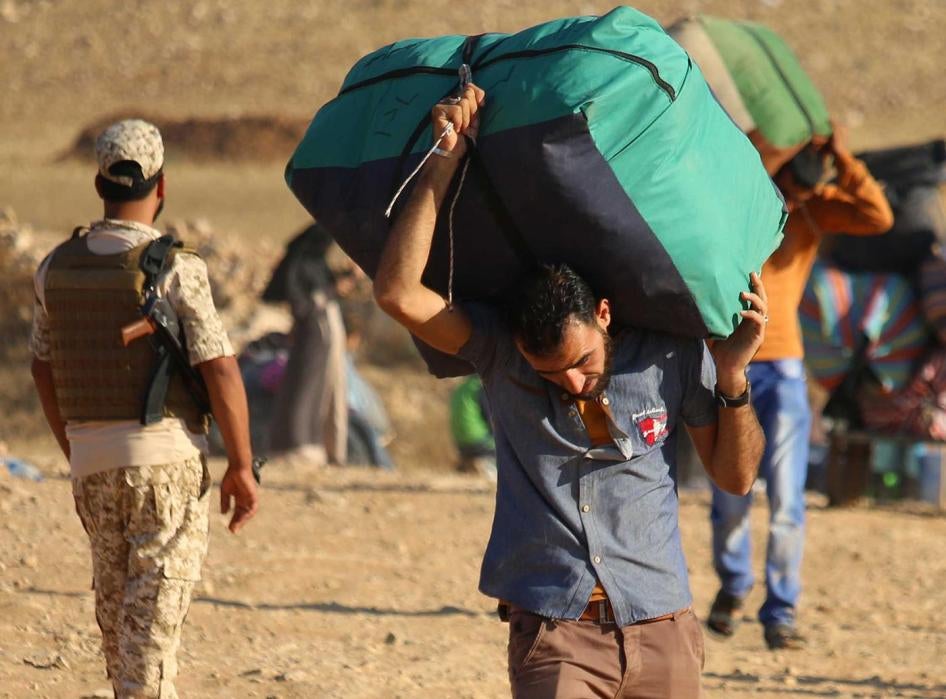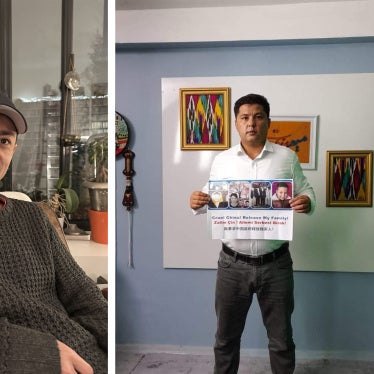In June, parliament passed a new disabilities law that includes the concept of “informed consent” and prohibits discrimination against people with disabilities. In August, Jordanian lawmakers abolished article 308 of the country’s 1960 penal code, an infamous provision that allowed people who carried out sexual assaults to avoid punishment if they married their victim.
“Jordan has made good on longstanding promises to improve conditions for people with disabilities and end impunity for rape,” said Sarah Leah Whitson, Middle East director at Human Rights Watch. “Authorities should build on this momentum and roll back increasing government infringements on civil society and freedom of expression.”
In the 643-page World Report, its 28th edition, Human Rights Watch reviews human rights practices in more than 90 countries. In his introductory essay, Executive Director Kenneth Roth writes that political leaders willing to stand up for human rights principles showed that it is possible to limit authoritarian populist agendas. When combined with mobilized publics and effective multilateral actors, these leaders demonstrated that the rise of anti-rights governments is not inevitable.
Jordanian lawmakers overhauled the country’s criminal procedure law during 2017, making positive changes that create a legal aid fund to provide lawyers for suspects who cannot afford them. Under the revised law, pretrial detention is characterized as an “exceptional measure” rather than the norm and is allowed only under limited circumstances.
However, authorities carried out over a dozen speech-related arrests in 2017. On January 12, Jordanian authorities arrested eight men, including a former member of parliament and a retired senior intelligence officer, apparently in response to critical comments online and peaceful anti-corruption advocacy.
In a troubling development, authorities proposed amendments to the country’s 2015 Electronic Crimes Law that criminalize hate speech, defining it vaguely in a manner that could result in arrest for merely “inciting discord” online. The amendments require parliamentary approval and the king’s endorsement to become law.
In September, authorities threatened the Center for Defending Freedom of Journalists (CDFJ), a regional media freedom organization, over its receipt of foreign funding, even though the organization operated without incident or official complaint for 19 years.
Though Jordanians no longer require government permission to hold public meetings or demonstrations, in some cases the Interior Ministry canceled public events organized by nongovernmental organization without explanation.
Jordan also deported hundreds of Syrian refugees – including the collective expulsion of large families – without giving them a meaningful chance to challenge their removal and failing to consider their need for international protection. During the first five months of 2017, Jordanian authorities deported about 400 registered Syrian refugees each month. Another approximately 300 registered refugees returned to Syria each month during that time under circumstances that appeared to be voluntary, while another estimated 500 returned under unclear circumstances.








